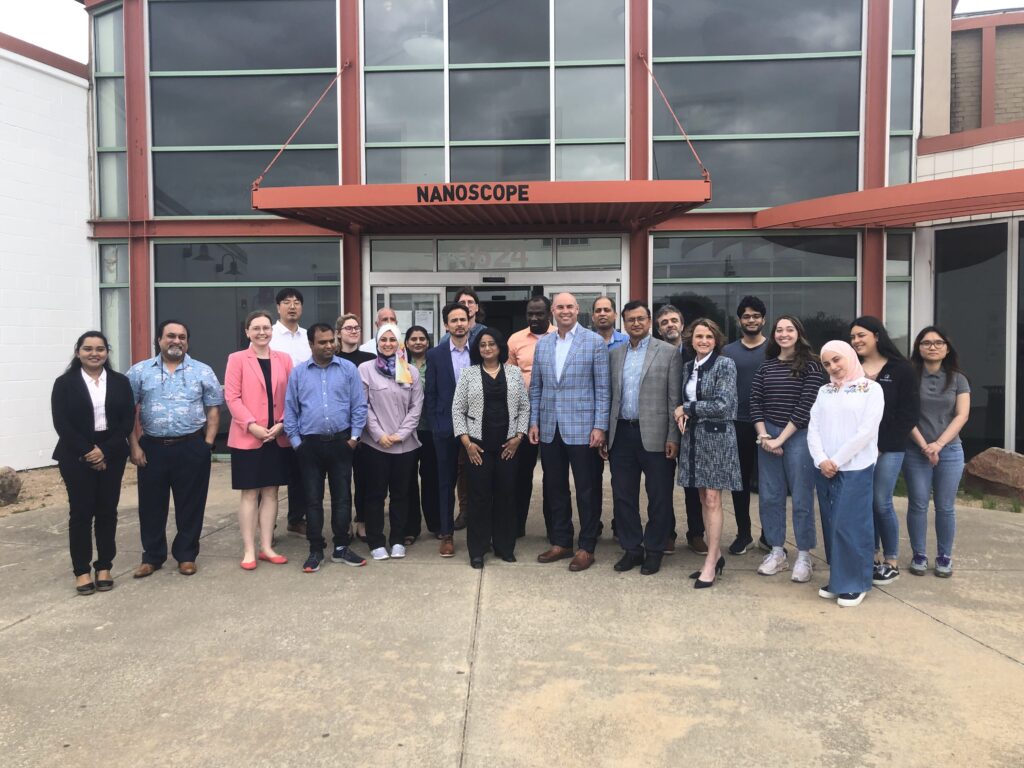In a monumental victory for the people in Oregon, biotech innovation, and the Biotechnology Innovation Organization (BIO), the Accelerated Approval pathway will be preserved in the state following the Centers for Medicare and Medicaid Services (CMS) approval yesterday of Oregon’s 2022-2027 1115 waiver.
Section 1115 Medicaid waiver demonstration allows states to operate their Medicaid program with various federal eligibility, benefit, and other requirements waived or modified.
When Oregon applied back in February to CMS for an extension of its Section 1115 Medicaid waiver demonstration, the Oregon Health Authority added provisions to the state’s Medicaid policy “designed to address healthcare inequity and ensure broader coverage, especially for low-income Oregonians,” Good Day BIO explained today.
However, the Oregon Health Authority asked to limit Medicaid coverage for drugs made available through the Food and Drug Administration’s Accelerated Approval pathway. Instead, the Oregon Health Authority wanted to conduct its “own rigorous review process to determine coverage of new drugs and to prioritize patient access to clinically proven, effective drugs.”
Oregon argued in its application it would allow the state to “avoid spending on high-cost drugs marketed to treat conditions that have yet to demonstrate a clinical benefit.”
Fortunately, however, the provision limiting coverage for drugs with accelerated approval was removed.
Accelerated Approval is essential for new cures
The FDA instituted the Accelerated Approval Program “to allow for earlier approval of drugs that treat serious conditions, and that fill an unmet medical need based on a surrogate endpoint.”
As a recent report details, it has facilitated hundreds of drugs for HIV/AIDS, cancer, and rare diseases, permitting lifesaving treatments, and saving money and lives.
The pathway allows market entry for medications that address critical illnesses with no therapies, based on clinical trials that indicate effectiveness with “surrogate endpoints”—as long as later clinical trials confirm effectiveness.
The Accelerated Approval pathway supports a robust U.S. biotech industry—which exists “due to policy that rewards innovation,” said Nick Shipley, BIO EVP and Chief Advocacy Officer, during the BIO International Convention this summer.
“It’s a strategic advantage. It is a healthcare asset that is of great benefit to this country,” he continued.
BIO pushed hard to preserve Accelerated Approval in Oregon through state-level and virtual advocacy and by urging the U.S. Centers for Medicare & Medicaid Services (CMS) to preserve Accelerated Approval in the state.




